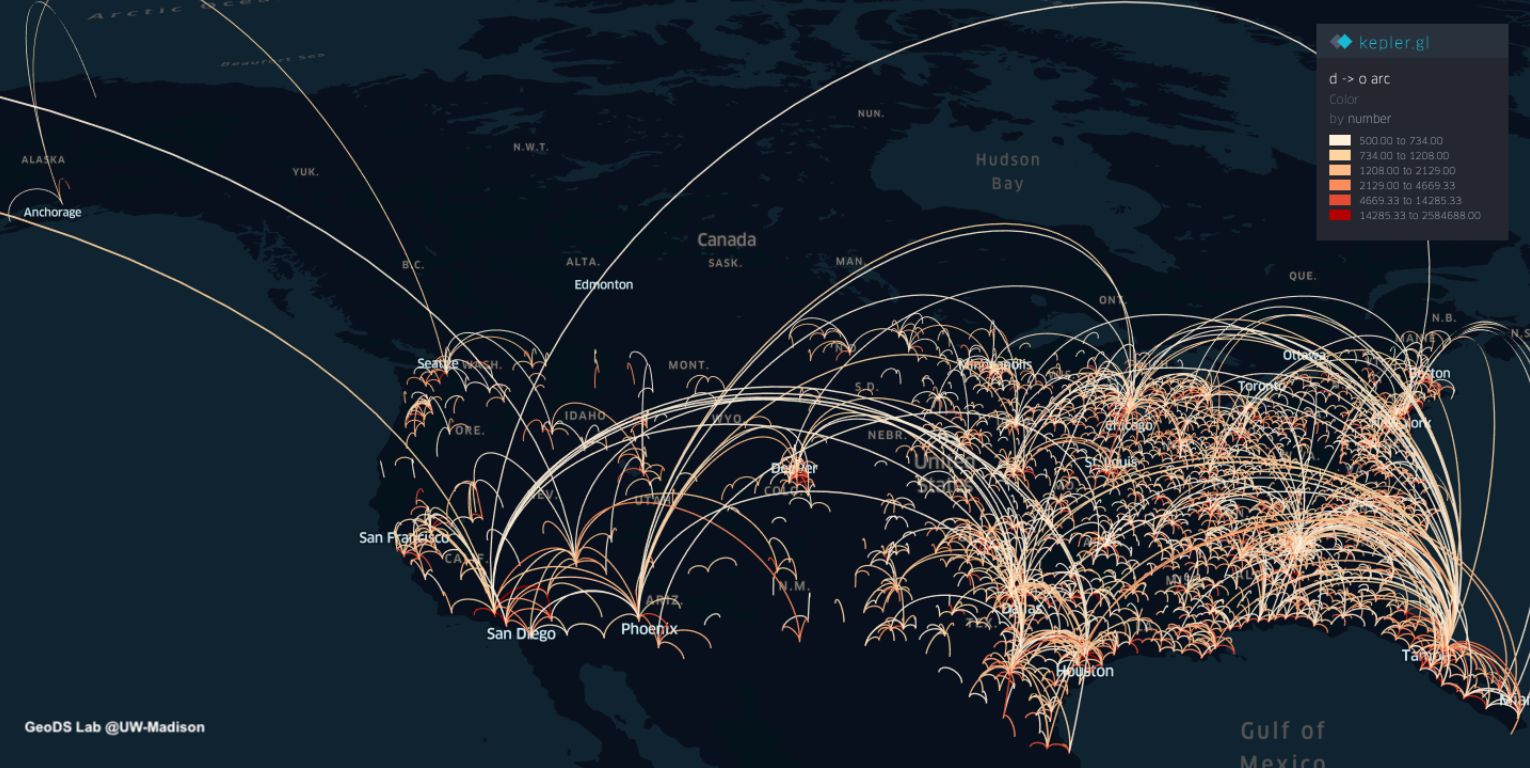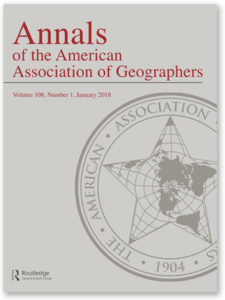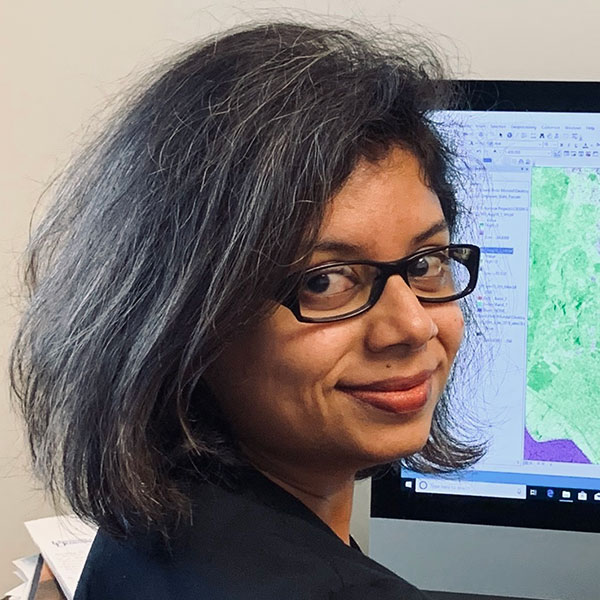Geographers Act on COVID19

On March 23, AAG asked how our members and followers are responding to the COVID19 pandemic. We got an extraordinary range of responses from all over the world. Here are just a few:
Addressing vulnerability. Rafael Pereira of Brazil’s Institute for Applied Economic Research (Ipea) is working with a team using transportation modelling and geolocated data to map where vulnerable people live in areas with difficult access to health care facilities in the largest 20 cities of Brazil; David Garcia is working with the Phillipines-based geospatial collective he founded, The Ministry of Mapping, to crowdsource the location, treatment capacity, and equipment needs of all health facilities there, while also working with a clinical psychologist to provide emotional support to the mappers themselves as they examine painfully difficult data. Jim Herries is working with a team at Esri to provide a wide variety of visualizations, including a map of where America’s seniors live, and under what conditions.
Spotting patterns and susceptibility. Geographers responded rapidly to examine disease transmission data at the local and regional level. Examples include the Northeastern Pennsylvania Alliance dashboard using data from Johns Hopkins University and Esri’s ArcGIS platform; Clio Andris at the Friendly Cities Lab at Georgia Tech mapping how our movements connect us; and Song Gao’s team’s modeling of potential transmission in Wisconsin. Geographers are also instrumental in tracking the impact of social distancing on disease transmission, as well as changes to air quality due to changes in social interactions (Descartes Labs).
Reflecting on context and history. Some geographers offer perspectives, op eds, essays, and interviews on the significance of COVID-19. Tim Cresswell of the University of Edinburgh reflects on how mobility has shaped the pandemic: “Turbulence has made certain aspects of our normal, taken-for-granted and never questioned mobile worlds visible.” At University of Saskatchewan, post-doc Chris Marsh was frustrated by the lack of Canadian-centric projections, and made his own. Medical geographer Graham Mooney of Johns Hopkins University has offered nearly a dozen interviews to major media outlets on what previous pandemics can teach us about COVID-19. And William Moseley of Macalester College participated in a quick-response UN-sponsored effort to understand global food security issues in light of COVID-19. His op ed on emerging food security issues in Africa due to the pandemic is here.
Do you know about a geographer’s work to respond to COVID-19? Contact Lisa Schamess, AAG Director of Communications.


